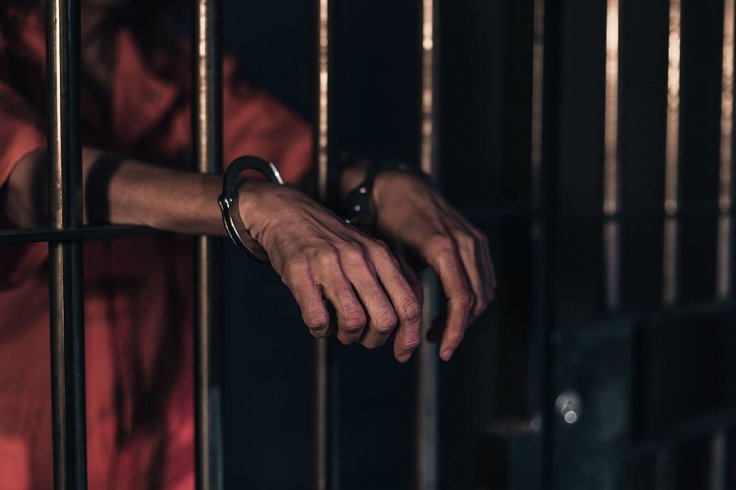A 35-year-old woman from Punta Gorda, Florida, has been sentenced to five years and 10 months in federal prison for providing material assistance to a designated foreign terrorist organization—ISIS. Alison Marie Sheppard a.k.a "Aiisha Abdullah" was found guilty of providing material support—10 cellphones to be used in explosive devices—to individuals who she believed were supporters of the terror group.
"Sheppard knowingly attempted to provide material support and resources to the Islamic State, also known as ISIS, by purchasing and shipping 10 cellphones that she intended for ISIS to use to detonate improvised explosive devices," a statement by the Department of Justice, said.
Sharing Online Content Supporting ISIS

Sometime in early 2016, Sheppard sought out and made contact with individuals like herself who ascribed to a pro-Salafi jihadist mindset and supported ISIS. She did so using social media platforms, including Facebook, where she also shared "instructive" videos that she had made for her YouTube channel.
In addition to this, she also posted videos that were in line with her beliefs, on social media. Several of these videos disseminated teachings by Islamic extremists who called for violent jihad. Along with the videos that were in support of the terrorist group, Sheppard also shared screenshots of an online ISIS magazine that glorified the violent acts perpetrated by members of ISIS in its articles.
Communicating With Supporters

While she shared extremist content and attempted to make contact with like-minded individuals, Sheppard also engaged in encrypted communication with people who assumed were supporters of the terror outfit. Among these people was an individual who she believed traveled to the Middle East to join the ranks of ISIS later.
It is believed that Sheppard had sent an e-book from ISIS that detailed the procedures followed by members of the extremist group to travel in and out of Syria, which was one of its strongholds at the time. The manual also included security measures that foreign fighters could employ to avoid detection during their journey.
Coming Under FBI's Radar
Unfortunately for Sheppard, the individual she was in communication did not make it to Syria. "This individual was unsuccessful in his attempt to travel overseas to join ISIS because of law enforcement intervention," the plea agreement said. After being taken into custody, the individual agreed to cooperate with and assist the FBI.
She also initiated communication with two other ISIS supporters—who were in fact undercover enforcement officers—and told them that she had .sworn her allegiance to the group's now-deceased leader, Abu Omar al-Baghdadi.
Offering Assistance for Terror Attacks
What sealed Sheppard's fate, however, was her offer to provide assistance to the group. During her conversation with the undercover agents and the cooperating individuals in June 2017, she offered to purchase and send cellphones that could be used in the detonation of explosive devices.
Following these conversations, Sheppard purchases 10 cellphones in July 2017 from five different stores in Port Charlotte, Punta Gorda and Rotonda West, Florida. Believing that these devices would be shipped to the Middle East to be used in "pressure cooker" bombs, she arranged for them to be sent to one of the undercover officers.
Her package was picked up by an undercover agent on July 18, 2017, which along with other evidence such as purchase receipts video surveillance footage from the stores, led to her arrest. Sheppard pleaded guilty on May 17, 2019. In addition to her prison term, she has also been sentenced to 15 years of supervised release.








